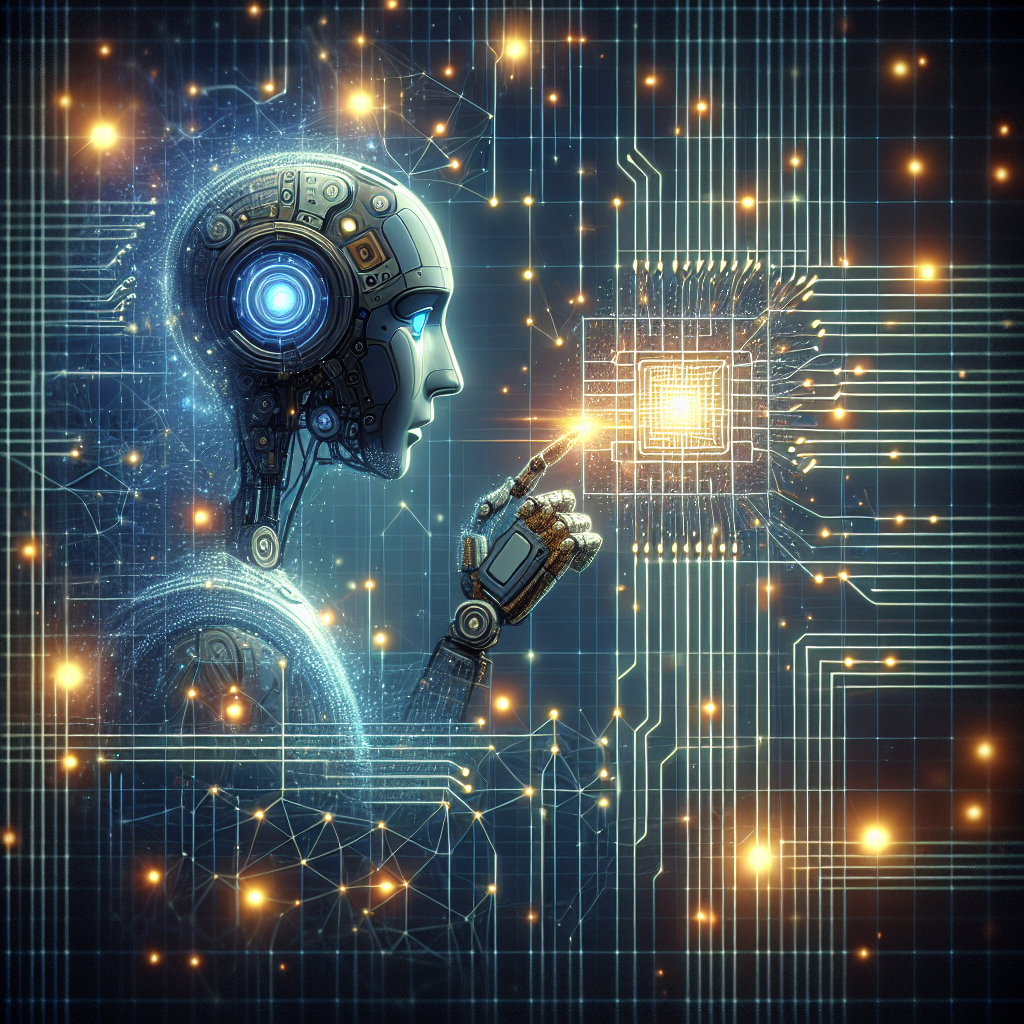Introduction:
Artificial Intelligence (AI) has been revolutionizing various industries, and the energy sector is no exception. Smart grids are modernizing the way we generate, distribute, and consume electricity, and AI platforms play a crucial role in optimizing the performance of these grids. In this article, we will explore the potential of AI platforms in smart grids and how they can help in improving efficiency, reliability, and sustainability.
AI in Smart Grids:
Smart grids are advanced electricity distribution systems that use digital technology to monitor and control the flow of electricity. These grids utilize sensors, meters, and communication networks to gather real-time data on electricity consumption, generation, and distribution. AI platforms can analyze this data and provide insights that can help in making informed decisions to improve the overall performance of the grid.
One of the key applications of AI in smart grids is predictive maintenance. By using machine learning algorithms, AI platforms can analyze historical data to predict when equipment is likely to fail. This enables utilities to schedule maintenance activities proactively, reducing downtime and minimizing repair costs.
AI platforms can also optimize the operation of smart grids by predicting electricity demand and generation. By analyzing historical data, weather forecasts, and other relevant information, AI platforms can forecast electricity demand with high accuracy. This information can help utilities in optimizing the deployment of resources, such as generating units and transmission lines, to meet the demand in the most cost-effective way.
Furthermore, AI platforms can help in integrating renewable energy sources into the grid. The output of renewable energy sources, such as solar and wind, is variable and depends on factors like weather conditions. AI platforms can predict the output of these sources and adjust the operation of the grid accordingly to maintain stability and reliability.
Overall, AI platforms can help in improving the efficiency, reliability, and sustainability of smart grids by analyzing data, predicting trends, and optimizing operations.
FAQs:
1. What are the benefits of using AI platforms in smart grids?
AI platforms offer several benefits in smart grids, including:
– Predictive maintenance: AI can predict equipment failures before they occur, reducing downtime and maintenance costs.
– Optimize operations: AI can forecast electricity demand and generation, helping utilities in optimizing the deployment of resources.
– Integrate renewable energy: AI can predict the output of renewable energy sources and adjust the grid operations accordingly.
– Improve efficiency: AI can analyze data and provide insights that can help in improving the overall performance of the grid.
2. How can AI platforms help in integrating renewable energy sources into the grid?
AI platforms can predict the output of renewable energy sources, such as solar and wind, and adjust the operation of the grid accordingly. This can help in maintaining stability and reliability, as well as optimizing the utilization of renewable energy sources.
3. How can AI platforms improve the reliability of smart grids?
By analyzing data and predicting trends, AI platforms can help in identifying potential issues before they occur, improving the reliability of the grid. This can include predicting equipment failures, forecasting electricity demand, and optimizing the deployment of resources.
4. Are there any challenges in implementing AI platforms in smart grids?
While AI platforms offer numerous benefits, there are also challenges in implementing them in smart grids. These challenges include data privacy and security concerns, the need for skilled personnel to operate AI platforms, and the high initial investment required for deploying AI technologies.
Conclusion:
AI platforms have the potential to revolutionize smart grids by improving efficiency, reliability, and sustainability. By analyzing data, predicting trends, and optimizing operations, AI platforms can help utilities in making informed decisions to enhance the performance of the grid. As smart grids continue to evolve, the role of AI platforms will become increasingly important in shaping the future of the energy sector.

